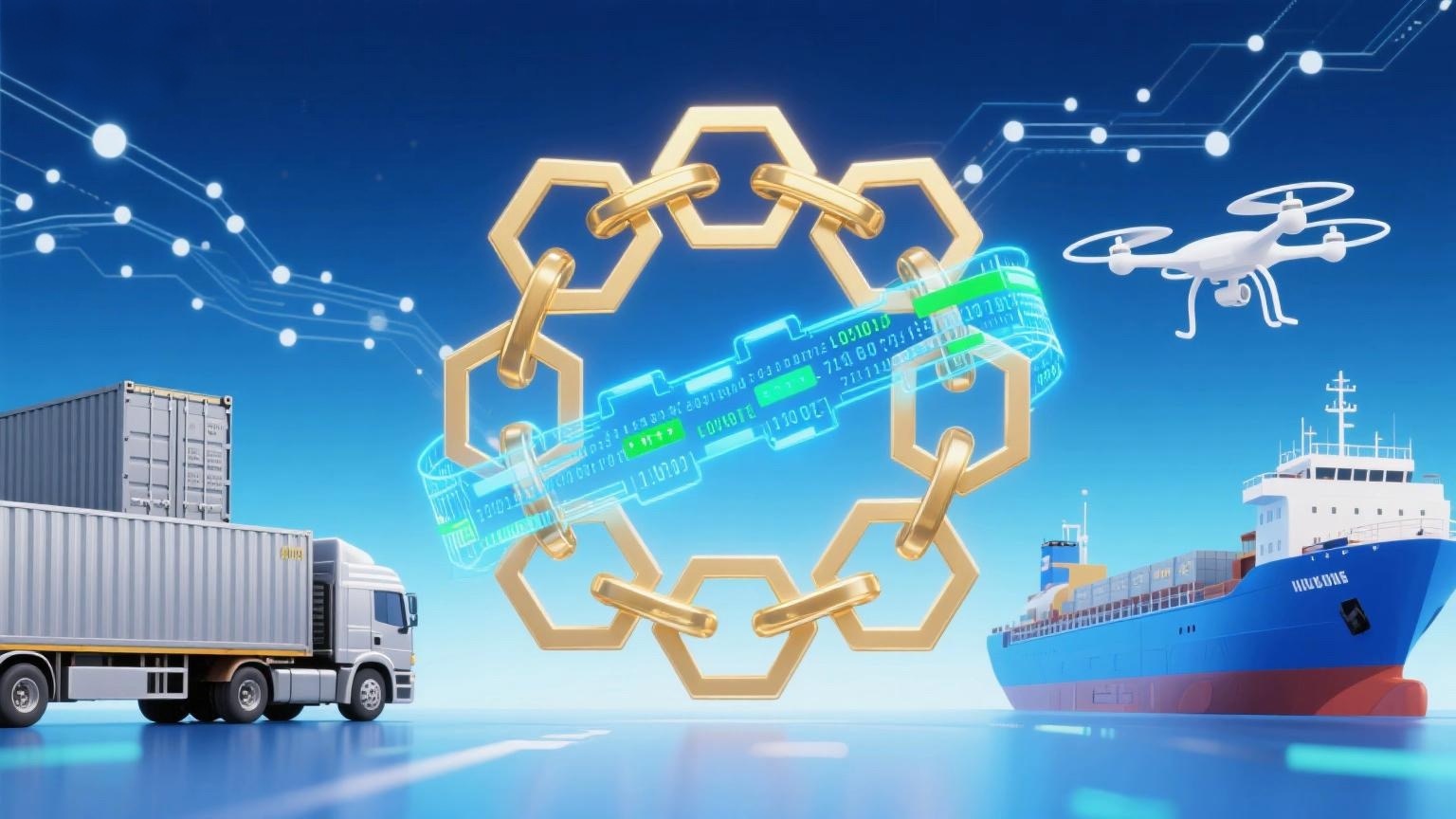
Blockchain logistics refers to the application of blockchain technology in the logistics industry. While today's logistics industry is highly developed, its complexity and fragmentation still leave many unresolved issues.
The biggest challenge is the data silo problem.
Taking China as an example, there are over 700,000 freight companies in the country, with numerous participants in the supply chain. However, each company operates on relatively independent technical systems, and due to varying levels of technological adoption, data exchange between companies is difficult. Additionally, differences in regulatory standards and manual processes further reduce overall data transparency in the supply chain, making it extremely challenging to track the origin and status of goods.
This is precisely where blockchain technology can help. At its core, blockchain is a decentralized distributed ledger where all data is backed up across every node. Information is stored in blocks and encrypted using hash algorithms. To alter historical data, one would need to compromise over 50% of the network’s nodes. Moreover, anyone can access the data on the chain, ensuring immutability and transparency.
The immutability and transparency of data form the foundation of trust. When blockchain is applied to logistics, all supply chain participants are integrated into the decentralized system, breaking down data silos and ensuring smooth data flow. Every transaction involving goods is permanently recorded on the blockchain, allowing anyone to verify it.
When tracking an item, details such as its origin, responsible party, transaction orders, invoices, and delivery proofs can all be monitored in real time, completely solving the data silo problem in logistics. Therefore, blockchain technology holds immense potential in the logistics sector.
Currently, the total value recorded on domestic blockchain logistics platforms has reached approximately 4.5 trillion yuan, making it one of the most important applications of blockchain. E-commerce giants like Alibaba and JD.com have also begun achieving results in blockchain-based logistics ecosystems. In 2020, blockchain logistics contributed to Singles' Day sales exceeding 498.2 billion yuan.
Despite many successful cases of blockchain + logistics, challenges remain. First, standardizing data for blockchain entry requires significant time. Second, international laws strictly protect consumer data, but blockchain’s immutability poses legal challenges. Finally, blockchain’s underlying infrastructure is still immature, with unresolved issues such as the trade-off between decentralization and efficiency.
Hopefully, blockchain logistics will soon have a greater impact, helping the supply chain industry reduce global trade friction and stagnation while improving operational efficiency.
















